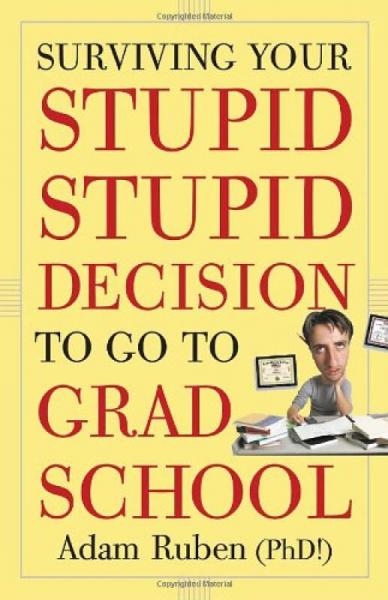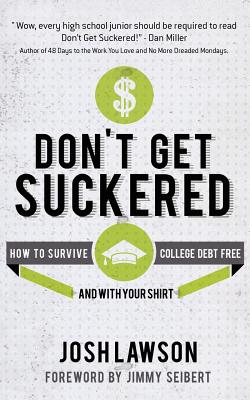### Did Supreme Court Rule on Student Loan Forgiveness?
In recent months, the topic of student loan forgiveness has been a hot-button issue, capturing the attention of millions of borrowers across the United Stat……
In recent months, the topic of student loan forgiveness has been a hot-button issue, capturing the attention of millions of borrowers across the United States. With the rising cost of education and the burden of student debt weighing heavily on graduates, many have been eagerly awaiting a decision from the highest court in the land. So, did the Supreme Court rule on student loan forgiveness? This question has not only stirred public interest but has also prompted discussions about the future of education financing in America.
The Supreme Court's ruling on this matter is pivotal for several reasons. First and foremost, it directly impacts over 40 million Americans who collectively owe more than $1.7 trillion in student loans. This staggering figure highlights the urgency of the situation, as many borrowers struggle to make ends meet while trying to repay their debts. The potential for student loan forgiveness could provide much-needed relief and allow individuals to invest in their futures, whether that means buying a home, starting a business, or pursuing further education.

The Supreme Court's decision also holds significant implications for the broader economy. Student loan debt has been linked to various economic challenges, including delayed homeownership, lower rates of entrepreneurship, and reduced consumer spending. By addressing the issue of student loan forgiveness, the Court could help stimulate economic growth and foster a more robust financial landscape for future generations.
Furthermore, the ruling raises important questions about the role of the federal government in education financing. Advocates for student loan forgiveness argue that it is a moral imperative to alleviate the financial burden on borrowers, particularly those from marginalized communities who are disproportionately affected by student debt. On the other hand, opponents of forgiveness worry about the potential costs to taxpayers and the precedent it may set for future educational policies.

As we await the Supreme Court's ruling, it is essential to consider the various factors at play. The arguments presented by both sides are compelling and highlight the complexity of the issue. While student loan forgiveness could provide immediate relief to borrowers, it also necessitates a broader conversation about the sustainability of higher education financing and the responsibilities of both borrowers and lenders.
In conclusion, the question remains: did the Supreme Court rule on student loan forgiveness? The answer to this question will not only affect millions of borrowers but will also shape the future of education financing in the United States. As we navigate this critical juncture, it is crucial for all stakeholders—students, educators, policymakers, and the public—to engage in meaningful dialogue about the path forward. Whether the ruling favors forgiveness or upholds existing policies, the conversation surrounding student loans and their impact on society will undoubtedly continue. Stay informed and engaged as this important issue unfolds, and be prepared to take action as needed to advocate for the future of education and financial equity.
